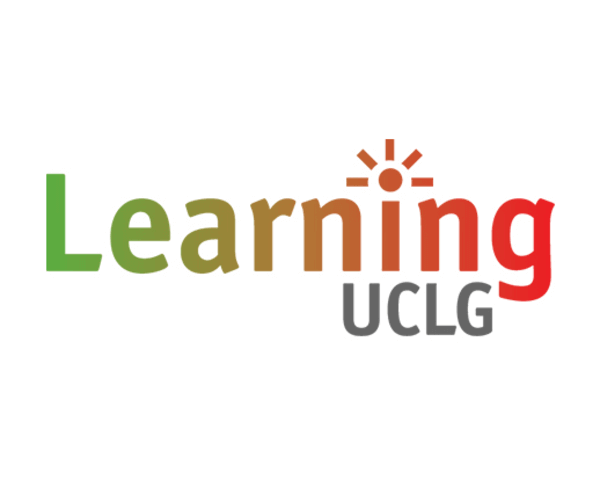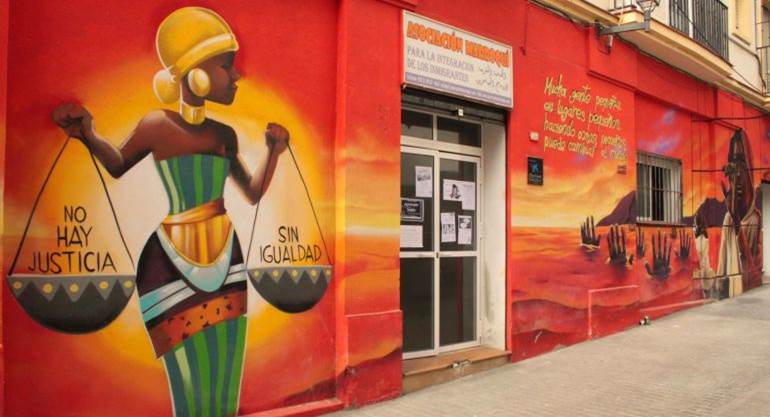 School of Citizenship and Coexistence - © Asociación Marroquí para la Integración de los Inmigrantes
School of Citizenship and Coexistence - © Asociación Marroquí para la Integración de los Inmigrantes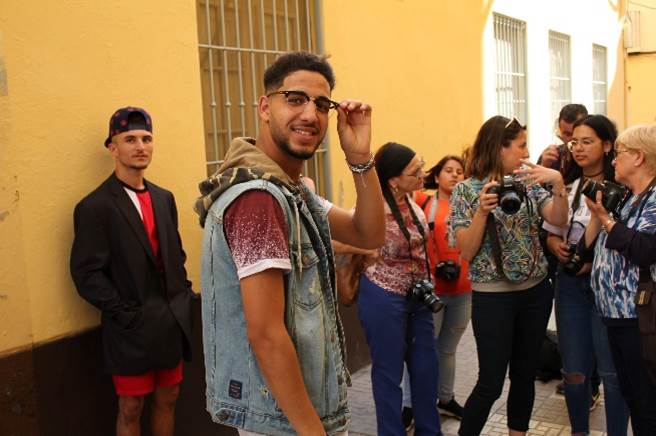 School of Citizenship and Coexistence participants - © Asociación Marroquí para la Integración de los Inmigrantes
School of Citizenship and Coexistence participants - © Asociación Marroquí para la Integración de los Inmigrantes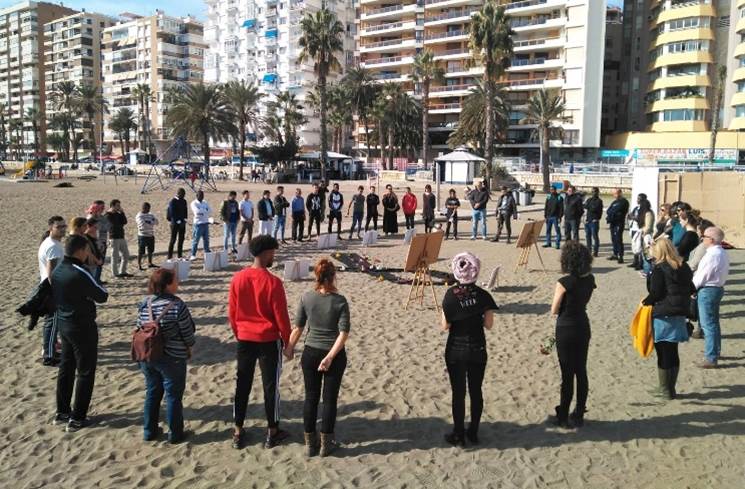 School of Citizenship and Coexistence participants - © Asociación Marroquí para la Integración de los Inmigrantes
School of Citizenship and Coexistence participants - © Asociación Marroquí para la Integración de los Inmigrantes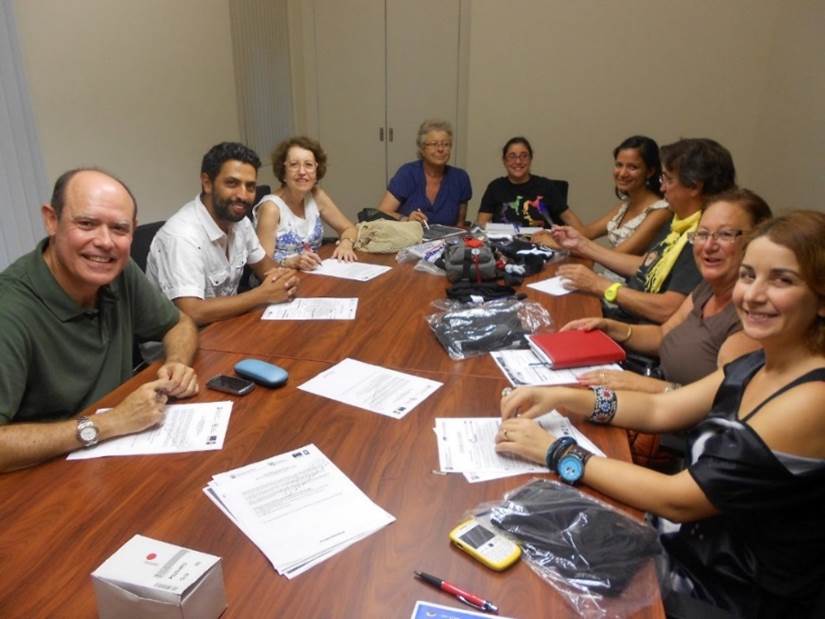 School of Citizenship and Coexistence Steering Committee - © Asociación Marroquí para la Integración de los Inmigrantes
School of Citizenship and Coexistence Steering Committee - © Asociación Marroquí para la Integración de los Inmigrantes
City
Malaga
Main actors
City Government, Supranational / Intergovernmental Institutions, Community / Citizen Group
Project area
Inner City
Duration
Ongoing since 2007
Local government collaborating with migrant associations to encourage active citizenship.
The School of Citizenship and Coexistence [Escuela de Ciudadania y Convivencia] supported by the Malaga City Council is a participatory training, research and meeting space for citizens, entities and associations residing the city. The School provides a space to energise and encourage active citizenship, social inclusion, volunteerism and simultaneously promotes peaceful multicultural coexistence.
- Foster social exchange and the active participation of citizens and social entities in public matters of the city, facilitating solidarity and peaceful coexistence.
- Implement training programmes to strengthen active citizenship and social entities.
- Conduct research of public space use regarding participation and coexistence.
- Activate spaces for socialisation and reflection for citizens and social entities.
- Strengthen cooperation between the City Council and social entities who are committed to the improvement of civic participation and coexistence.
- Support a process of joint management and ownership of the School with the social entities involved.
- Global: open and accessible to all, with activities related to global and local realities.
- Democratic: based on citizenship and shared responsibility.
- Participative: generating active citizenship and spaces for shared decision making.
- Egalitarian: recognizing the fundamental rights and duties of individual persons and collectives.
- Multicultural: tolerant, pluralistic, recognizing the value of differences.
- Caring: based on cooperation, solidarity and mutual learning
- Constructive: civic and fostering social coexistence.
- Environmentally responsible: fostering responsible consumption and ecological values.
- Creative and innovative: a space for renewing and fostering collective creativity.
While local associations and entities involved in the Steering Committee had been working in the city for many years, they did not have experience in working together in a participatory process. Most members had little to no experience in shared decision making and management and were hesitant about the idea of a participatory school. After the first two meetings and once the project began to take shape, representatives of the entities were more convinced of the projects value, and they have continued to learn about participatory methods and shared management processes through the project’s implementation.
External links / documents
On Map
The Map will be displayed after accepting cookie policy


